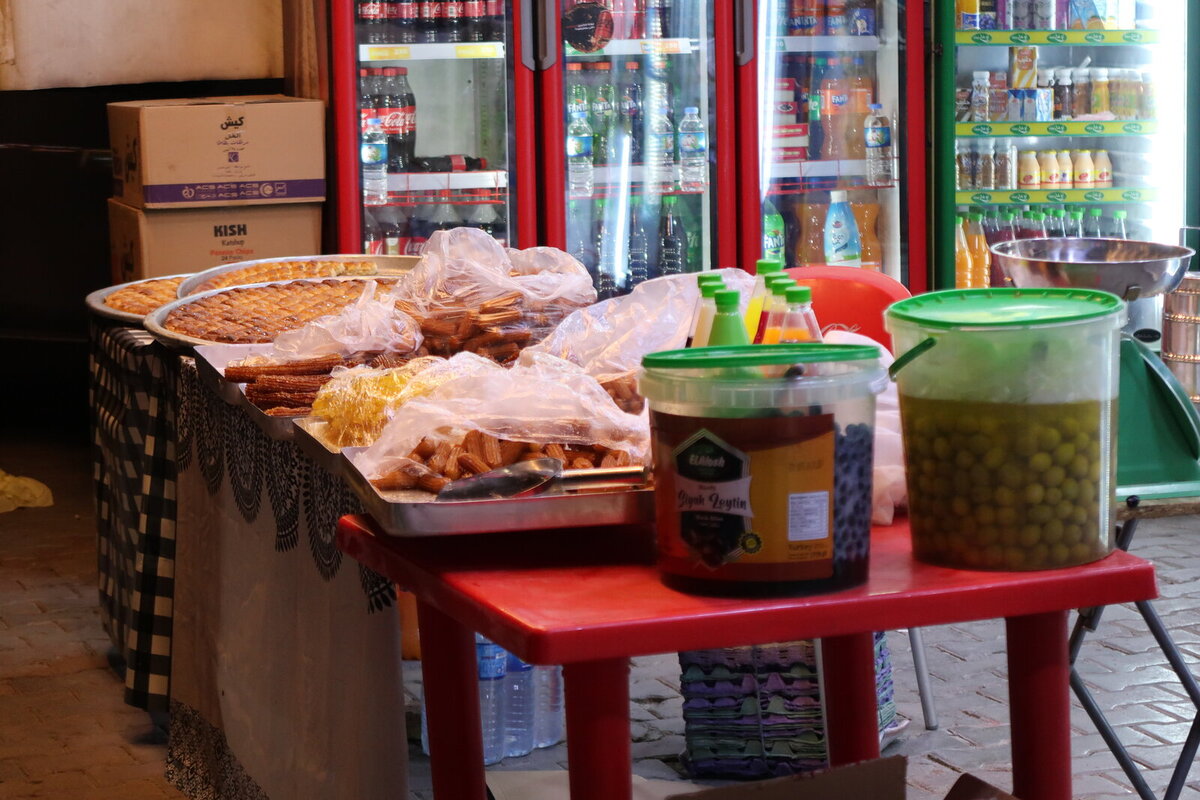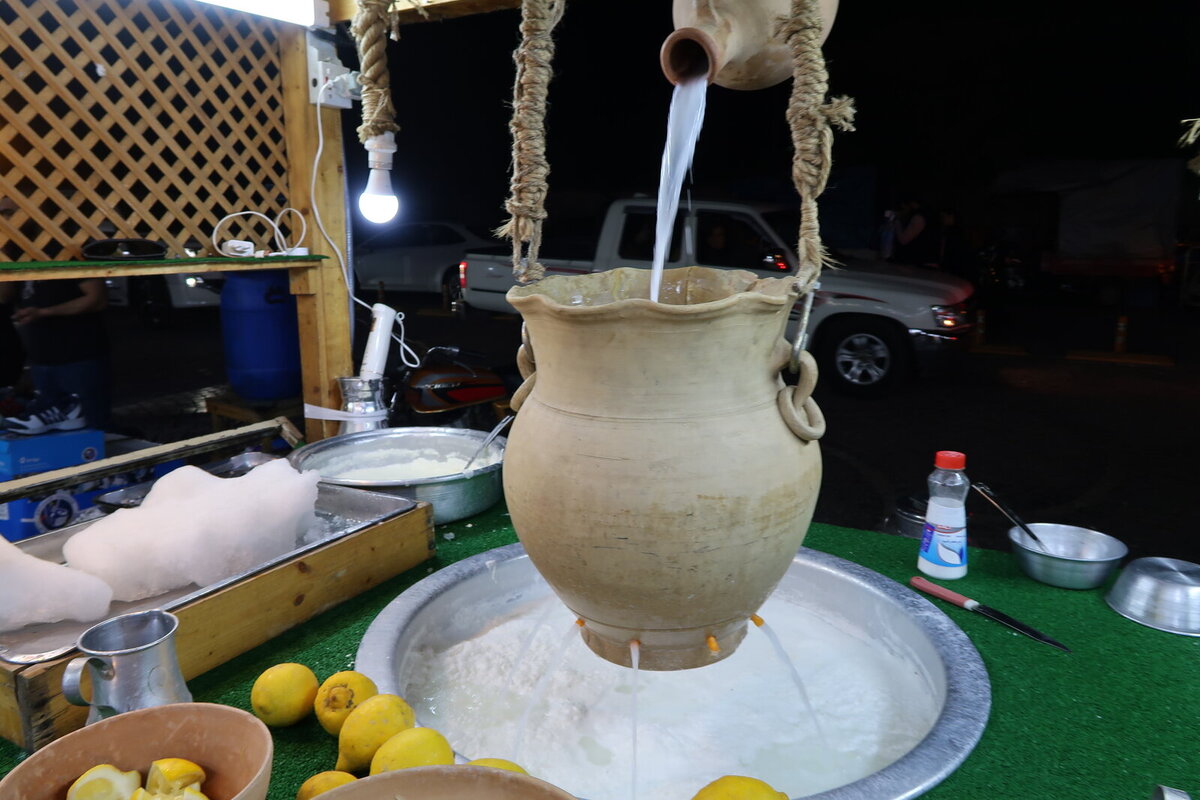Ramadan is the ninth month of the Islamic calendar. Since the Islamic calendar follows the moon cycle, the timing of Ramadan changes every year. In 2024, it spans over March and April. Learn more about what this time of the year looks like in Iraq.
New daily rhythm
In countries where Islam is considered the prevalent religion – as is the case in Iraq – fasting shapes the rhythm of daily life. Most workplaces shorten their official working hours, allowing people to rest, but also prepare food for breaking the fast.
Breaking the fast
Throughout Ramadan, Muslims practice self-restraint from food and drink – but only during daylight. That means that they can break their fast as soon as the sun sets over the horizon.
In Iraq, people usually break their fast with dates, raisin juice (zabib), and yogurt (laban), which can be mixed with water (in this case it is called shenina).
Breaking the fast is shortly followed by the main meal called iftar, which consists of several main dishes, such as the traditional Middle Eastern okra stew (bamia), stuffed vegetables (dolma) and lamb (quzi), and bulghur with minced meat (kibbeh).
Prayer
Ramadan is also the month for spiritual reflection of growth, and prayer is an essential part of this path.
After iftar, most Muslims head to the mosque for the Taraweeh prayers, which are voluntary prayers performed only during Ramadan. They last from about thirty minutes to two hours and involve reciting parts of the Holy Quran.
Socialising
After the Taraweeh prayers, the streets of Iraq come back to life. People gather in cafes and streets and spend the night playing different games. In Iraq, one of the most popular is “the game of the ring” (mheibes) in which one team hides the ring among its players, while the other team has to guess who is hiding it based on body language. The losing team then treats everyone to baklava and other sweets.
In Iraqi Kurdistan, locals also like to play a version of this game but instead of hiding the ring in their fists, they put it under cups on a round tray. Hence the name, sini sinyane, “the game of the tray”.
The hours after the prayers are also the time to visit family and friends, watch TV shows released especially for the month of Ramadan, play cards in cafes, and read the Quran.
Preparing for fasting
Most of the neighborhoods in Iraq stay awake until Suhur, the last meal before sunrise and the beginning of a new fasting period. The meal is usually less luxurious than those meant for iftar, and it consists of nutritious dishes that will help you go through the fasting hours, such as the beloved Middle Eastern lentil soup.
Caritas Czech Republic in Iraq
Caritas Czech Republic in Iraq has been operating in Iraq since 2015 by delivering humanitarian aid to governorates affected by the so-called Islamic State.
In the post-conflict recovery phase, Iraq faces new challenges, such as the return of internally displaced persons and unemployment. We now support Iraqis in restoring their businesses or starting new ones and helping farmers rebuild their lands.
We can help the people of Iraq thanks to our donors and your contributions. Thank you for supporting our work.










